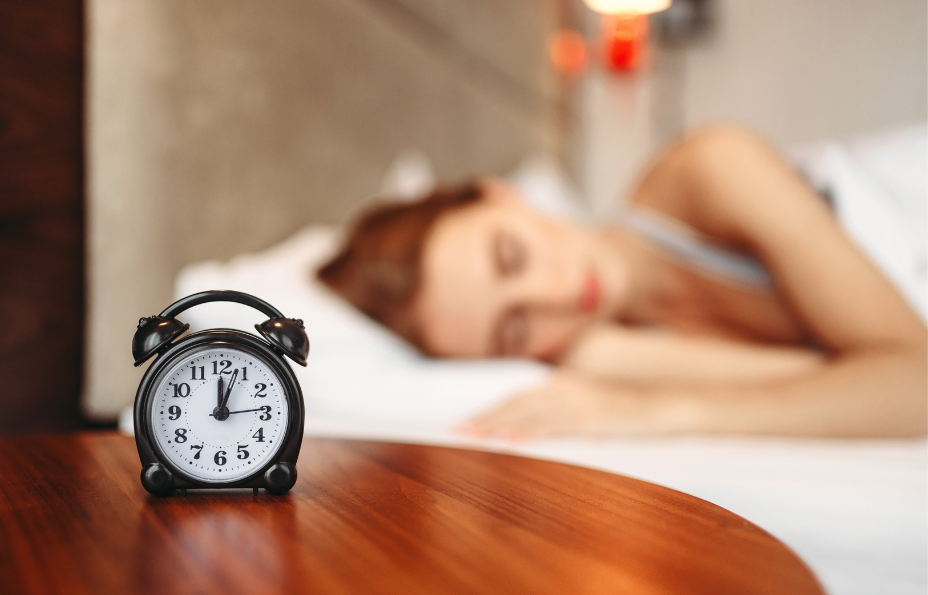


Don’t see sleep as a luxury … it’s an essential part of our daily routine and vital for our overall health and well-being. While we sleep, our bodies undergo a process of rejuvenation, and our skin is no exception. In fact, getting enough sleep is one of the best things you can do for your skin.
It helps your skin to repair itself
During sleep, our bodies produce collagen, a protein that is essential for the health of our skin. Collagen helps to keep our skin firm and elastic, and reduce the appearance of fine lines and wrinkles. Lack of shut-eye can decrease collagen production, resulting in dull, tired-looking skin.
It reduces inflammation
Inflammation is a key contributor to many skin conditions, including acne, eczema and psoriasis. When we’re in the land of nod, our bodies produce anti-inflammatory cytokines that reduce inflammation and promote healing. Lack of sleep can cause an increase in pro-inflammatory cytokines, which can exacerbate skin conditions.
It prevents dark circles and puffiness
Too little sleep can cause blood vessels under the eyes to dilate, which causes dark circles and puffiness. By getting enough rest reduces the appearance of these symptoms, leaving you with brighter, more youthful-looking eyes.
It promotes a healthy glow
When we sleep, our bodies release human growth hormone, which repairs and regenerates cells. This process helps to give our skin a healthy glow, making us look and feel more refreshed.
It helps to balance hormones
Hormonal imbalances can lead to a range of skin issues, including acne, rosacea and premature aging. Getting enough sleep helps to regulate hormone levels, promoting healthy skin.
Lack of sleep can lead to premature aging
Research has shown that lack of sleep can lead to premature ageing of the skin. A recent study in the journal Clinical and Experimental Dermatology found poor sleep quality was associated with increased signs of ageing, including fine lines, uneven pigmentation and reduced elasticity.
A relaxing bedtime routine can help you unwind, reduce your stress levels, and improve the quality of your sleep. Here are some tips on creating a relaxing routine:
Disconnect from your devices: Ditch the endless scrolling before bedtime. The blue light emitted by these devices can suppress the production of the sleep hormone melatonin, making it harder for you to fall asleep.
Set a regular bedtime: Aim to go to bed and wake up at the same time every day, even on weekends. This regulates your body's internal clock and improves the quality of your sleep.
Take a warm bath or shower: This helps relax your muscles and prepares your body for sleep. You can also add some essential oils, such as lavender or chamomile, to promote relaxation.
Practice relaxation techniques: Deep breathing exercises, meditation or gentle yoga poses calm your mind and reduce your stress levels.
Read a book: This distracts your mind from daily stressors. Choose one that is not too stimulating or exciting, as this can make it harder for you to fall asleep.
Listen to calming music: Classical or instrumental music helps soothe your mind. Create a playlist of your favourite ones to listen to before bedtime.
Use aromatherapy: Essential oils or a diffuser fill your room with calming scents, such as lavender, chamomile, or vanilla. These will help you relax and improve your sleep quality.
